Principle 2 [1] of the International Sustainable Campus Network (ISCN) covers the following issues:
The measurement of UCT's carbon footprint follows the internationally recognised Greenhouse Gas Protocol: A Corporate Accounting and Reporting Standard (revised edition).
The university’s first carbon footprint report was started in 2007 and is now published annually.
UCT is very proud of the UCT Shuttle service, which serves all the UCT campuses and residences, and offers a large number of students and staff free, easy transport to and from the university.
A 2015 student project survey found that 38% of journeys were taken using this service (against 3% using other buses, 1% using taxis, 1% using bicycles, 12% walking, 1% using mountain bikes, 4% using the train and 40% using cars).
In 2017 UCT renewed the UCT Shuttle fleet with the aim of reducing harmful emissions. UCT also has several electric golf carts for traffic officers and maintenance crews and Segways for some security personnel. The purchase of more electric vehicles is being investigated.
The cycle infrastructure project was implemented initially on upper campus in 2013 – this included signage, bike racks and road markings. It has proved difficult linking the upper campus with the lower campuses due to the very steep, dangerous roads, and the long distances. This explains why the student survey revealed that only 1% of the UCT population cycle to and around campus.
In 2022 UCT undertook a detailed technical, financial, and environmental feasibility study to determine the feasibility of changing its existing diesel bus fleet to an electric bus fleet. Based on the investigation it is currently not financially or environmentally beneficial to change the fleet to an electric fleet, while the South African electric bus market and national renewable energy generation is not mature enough to make this feasible for UCT. In the meantime, UCT will continue investigating and experimenting with these technologies while the market matures. Download the full report.
South Africa’s electric vehicle (EV) industry and market is still young and there are many challenges that don’t necessarily make it feasible (technically, financially and environmentally) based on our specific context, to switch UCT’s fleet vehicles to EVs. UCT has therefore embarked on a 3-year pilot EV project to test the use of an EV passenger vehicle (Mini electric) and a few EV chargers on campus, to explore what the likely challenges and practical issues are in relation to using and charging such a vehicle if UCT were to use it as one of their fleet vehicles. The project runs from June 2023 to June 2026. We are also looking for engineering students who want to analyse the charging data as part of their final year thesis or masters project. For more info on the project read the Zippy and exhilarating: Test driving UCT’s electric vehicle news article or contact Manfred Braune.
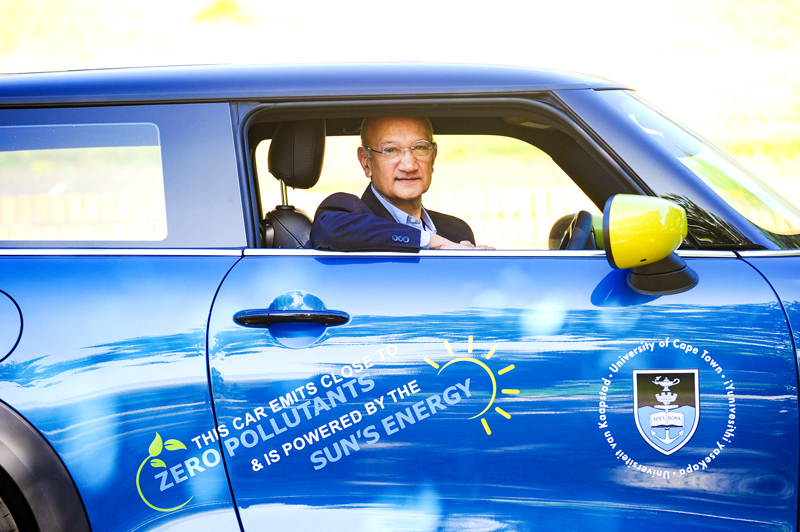
Links
The university is situated in of area of significant biodiversity, and is also home to a heritage-protected treed area on lower campus. Biodiversity is considered a priority in the UCT Green Campus Action Plan.
During the redevelopment of the middle campus, an environmental consultant was employed. This resulted in a successful project to save a population of endangered rain frogs. Further replanting on upper campus with indigenous species is taking place in the hope of saving another population of this frog species.
Work to enhance the biodiversity and ecological value of the estate includes:
- removing invasive alien species
- planting endemic and indigenous vegetation
- replacing irrigated lawns with water-wise gardens
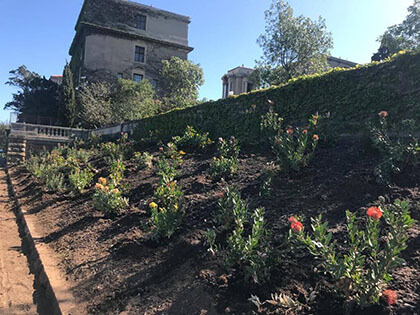
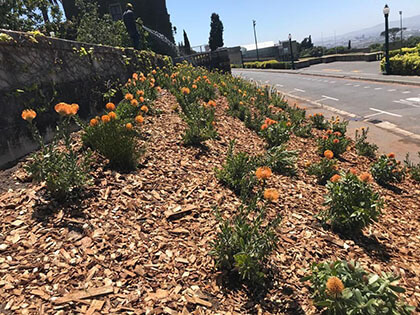
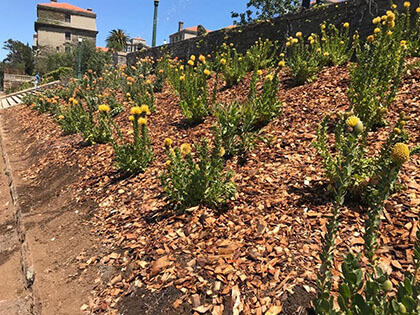
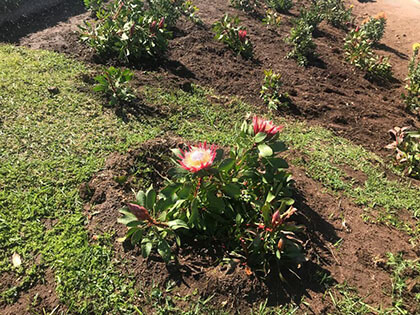
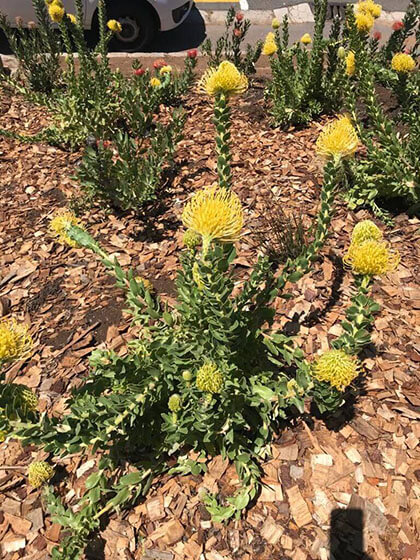
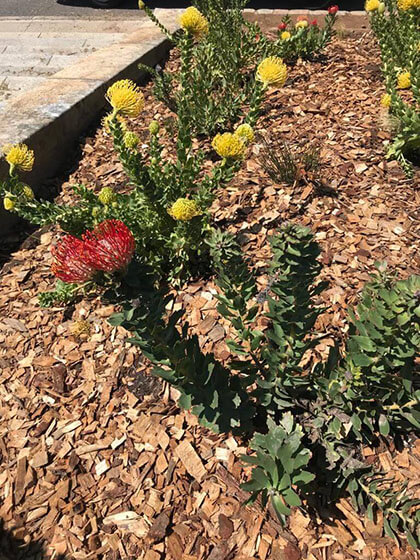
UCT has a pest-control programme in place to control non-plant invasive alien species, such as rats. Apart from bait boxes for rats and the occasional drain treatment for cockroaches, no pesticides are used.
As of 30 June 2017, a strict smoking policy was introduced at UCT. Although not a smoke-free policy, it is very close to being one and is one of the strictest in the country.
1. Principle 2: To ensure long-term sustainable campus development, campus-wide master planning and target-setting should include environmental and social goals. ↩